
Enhancing Student Outcomes and Teacher Practice through Math Mastery: A Comprehensive Study Tour and Curriculum Framework Development.
As a primary school teacher with ten years of classroom experience, I’ve had the opportunity to teach across year levels from Prep to Year 3. Throughout my teaching journey, I’ve developed a strong passion for ensuring that every student feels a sense of success in the classroom and equally, that every teacher feels confident and equipped to deliver high-quality lessons. Over time, I’ve become increasingly interested in how we can bring greater consistency and clarity to the way we teach mathematics across the early years.
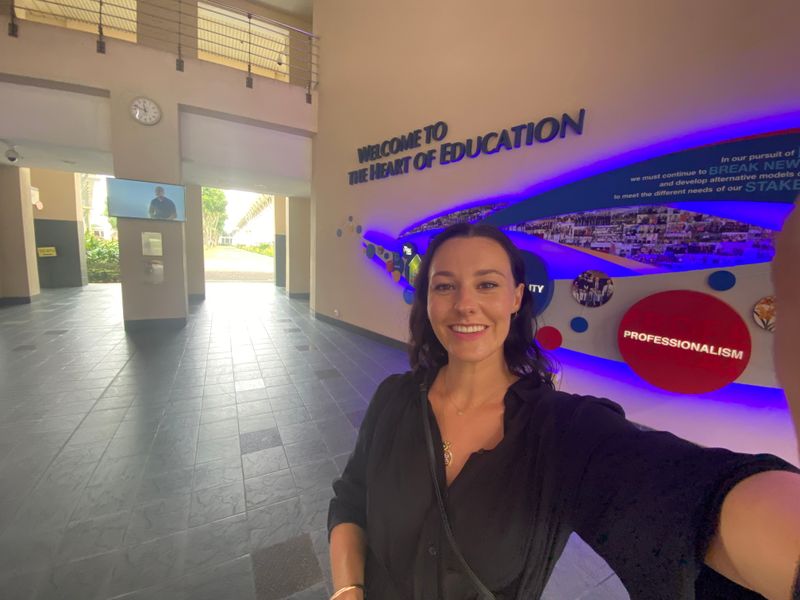
In 2024, I was fortunate to be awarded the inaugural Toowoomba Grammar School Teaching Fellowship to explore this interest more. My proposal, titled Enhancing Student Outcomes and Teacher Practice through Math Mastery: A Comprehensive Study Tour and Curriculum Framework Development, focused on investigating how the Math Mastery approach could strengthen both student understanding and teacher instruction in mathematics. This opportunity took me to Singapore to investigate the Math Mastery approach - an internationally recognised model of mathematics instruction that supports every student to achieve deep understanding through carefully sequenced, explicit teaching.
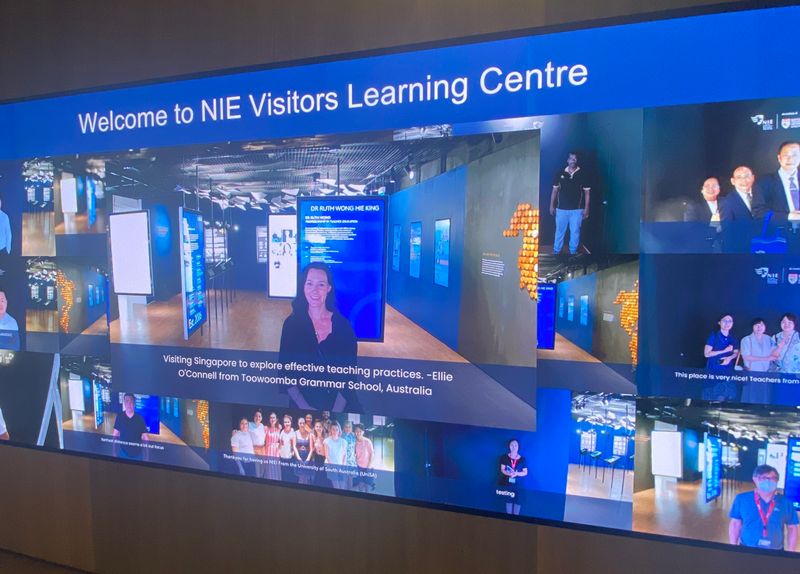
Why Mathematics? Why Now?
Across Australia, there is growing national concern about the long-term decline in mathematics achievement. Reports such as the Gonski Review (2018) highlight that many students are not mastering the basic skills needed for future learning, and that teachers need more explicit, structured tools to support all learners. In the early years of schooling—where concepts are first introduced, and mathematical mindsets are formed—it’s crucial that instruction is clear, consistent and effective. Gaps in understanding at this stage can have long-lasting effects on a child’s confidence and progress. The fellowship was an opportunity to examine international best practices and bring back evidence-informed strategies that could enhance both student outcomes and teacher practice in our own School.
Learning from Singapore: Schools and Insights
During my study tour in Singapore, I visited two leading international schools: Dulwich College and Invictus International School. Both schools use mastery-based approaches to mathematics, with structured, well-sequenced programs designed to develop deep conceptual understanding. At Dulwich College I observed math lessons from Years 1 to 5 that emphasised both mastery and practical application. The classrooms fostered a calm, focused learning environment in which teachers guided students through new concepts using clear, structured instruction, ensuring mastery through modelling, guided practice and checking for understanding before progressing. I also engaged in discussions with the school’s mathematics leadership team, who shared their planning processes and how they support teachers to differentiate within whole-class teaching.
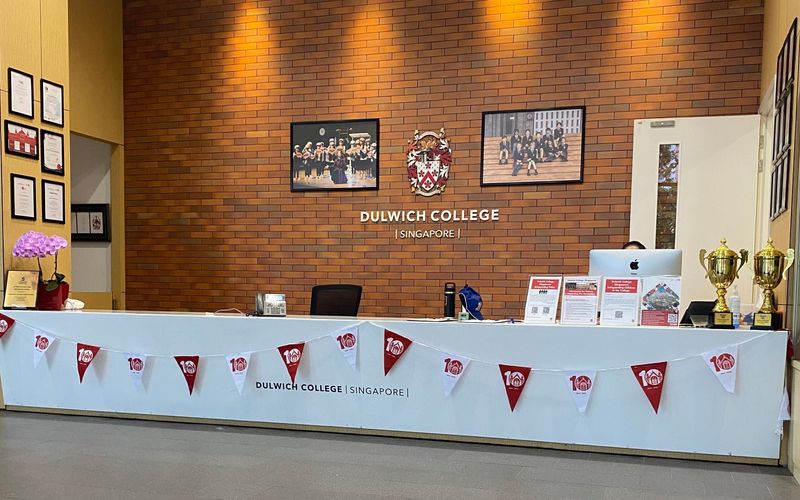
Invictus International School offered a contrasting yet equally valuable perspective. With a diverse cohort of learners and a flexible curriculum model, their team demonstrated how mastery principles can be embedded in a range of contexts. I also had the opportunity to meet with local educational consultants and curriculum developers, who offered insights into how Singapore’s national curriculum supports cumulative learning, daily review and concept mastery from the early years onwards.
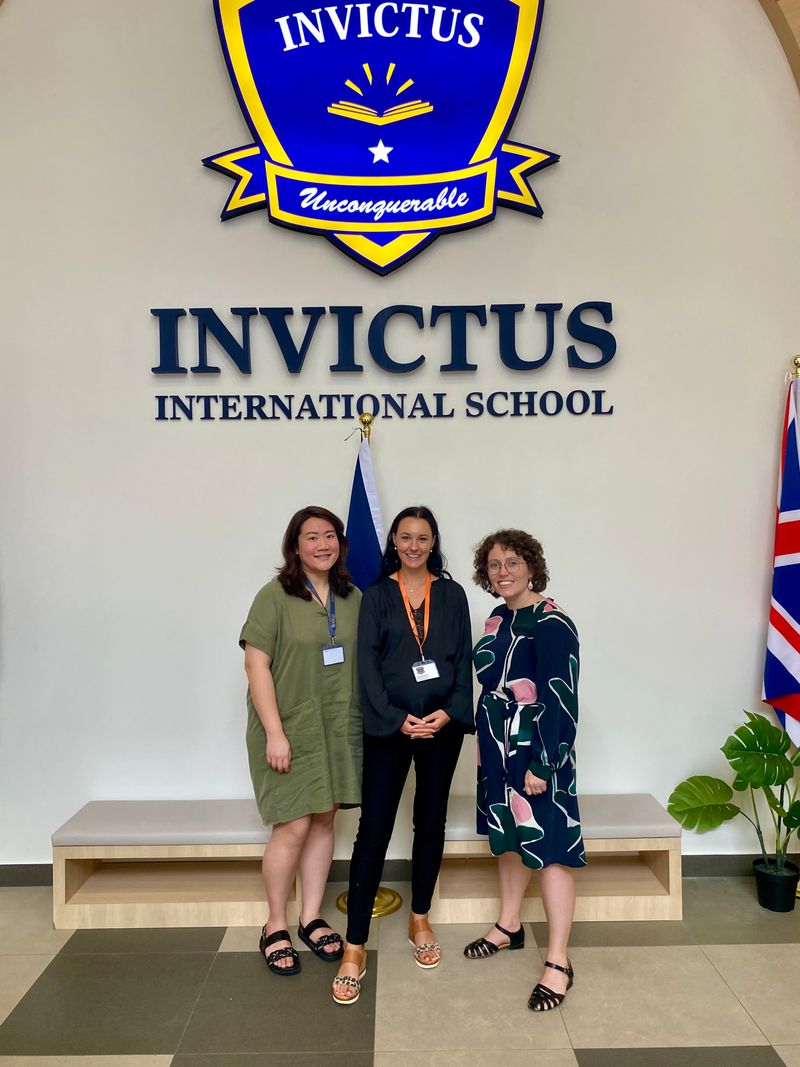
Key Findings: What Makes Mastery Work?
My observations confirmed the power of structured, explicit teaching in building strong foundations in mathematics. These were the key elements that stood out across all settings:
- Clear Learning Objectives
Teachers clearly define what students need to know and be able to do at the end of each unit or lesson.
- Whole-Class Instruction with Embedded Differentiation
Rather than streaming students by ability, mastery classrooms taught concepts to the whole class while using questioning, scaffolding and targeted support to meet individual needs.
- Corrective Instruction
Students who don't achieve mastery receive additional instruction or support to address knowledge gaps.
- Cumulative, Carefully Sequenced Learning
Each lesson built directly on the last, with time allocated for review and consolidation. This ensured that no student was left behind and that concepts were truly understood before new material was introduced.
- Mathematical Language and Reasoning
Teachers modelled precise vocabulary and encouraged students to explain their thinking. This supported deeper reasoning and helped students internalise core concepts.
- Learning Routines
Clear instructional routines and behaviours are established in every classroom, reinforcing expectations and supporting learning.
- Lesson Resources
Hands-on materials and visual examples are carefully chosen to help students connect with new concepts in ways that suit their learning needs.
- Fluency
Essential number facts are practised until automatic, helping students reduce cognitive load, enhancing students’ ability to focus on new and more complex ideas.
- Calm, Confident Learners
Most powerfully, students appeared confident, focused and proud of their mathematical thinking. The clear structure and shared learning journey contributed to a positive and inclusive classroom culture.
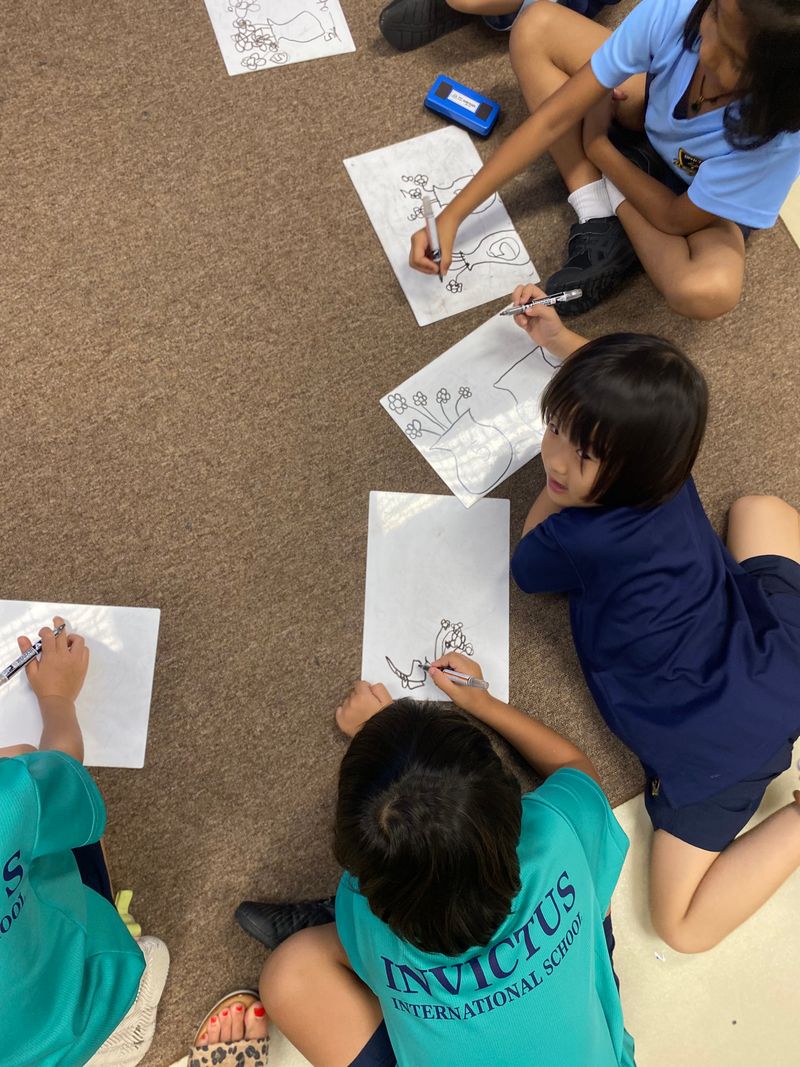
Global Perspective: Insights from Kinder World School
As a part of my research, I was able to engage in a conversation with Peter Baker, Principal Supervisor of 13 KinderWorld International Schools across Vietnam, I was able to dive deeper into how the Math Mastery approach works in large, diverse educational settings. These schools have adopted the Singapore Math model, a mastery-based framework built around explicit teaching and cumulative learning - many of the same principles I explored during my study tour.
Peter shared that their decision to adopt this approach was driven by a need for a consistent, evidence-based program that teachers could pick up quickly, deliver confidently and implement cost-effectively. “We started the explicit teaching model a couple of years back,” he explained. “We call it the KinderWorld Model. Retrieval practice to strengthen knowledge and problem-based application of learning is also included. I think it certainly makes a difference.”
What stood out to me in our discussion was just how closely their journey mirrors our own at TGS. We have already embedded strong practices in literacy through well-structured, whole-school programs that align with explicit teaching and the science of learning. However, mathematics remains an area where we see room for greater consistency and greater gains.
While our data confirms that we continue to perform above the state average in mathematics, recent NAPLAN results highlight a national decline in numeracy - a trend that we are aiming to avoid in our own School’s results. While we continue to do well, we have an opportunity and a responsibility to do even better for our boys. This is not just a local issue. In 2015, the Office of the Chief Scientist collaborated with ACARA to examine schools across Australia that had made significant improvements in numeracy over two years. Their report found that mastery-oriented environments were a consistent feature in high-performing schools (Smith et al., 2028).
When I asked Peter how the performance of his students compared to their peers in Australia, his response was compelling:
“We’ve had feedback from parents - many of whom are teachers - saying that when their children return to Australia, they are at least one to two years ahead in mathematics compared to their peers at home.”
This reinforces what global research has been saying for some time: structured, explicit, mastery-based teaching works. And more importantly, it works for all learners - not just the confident few.
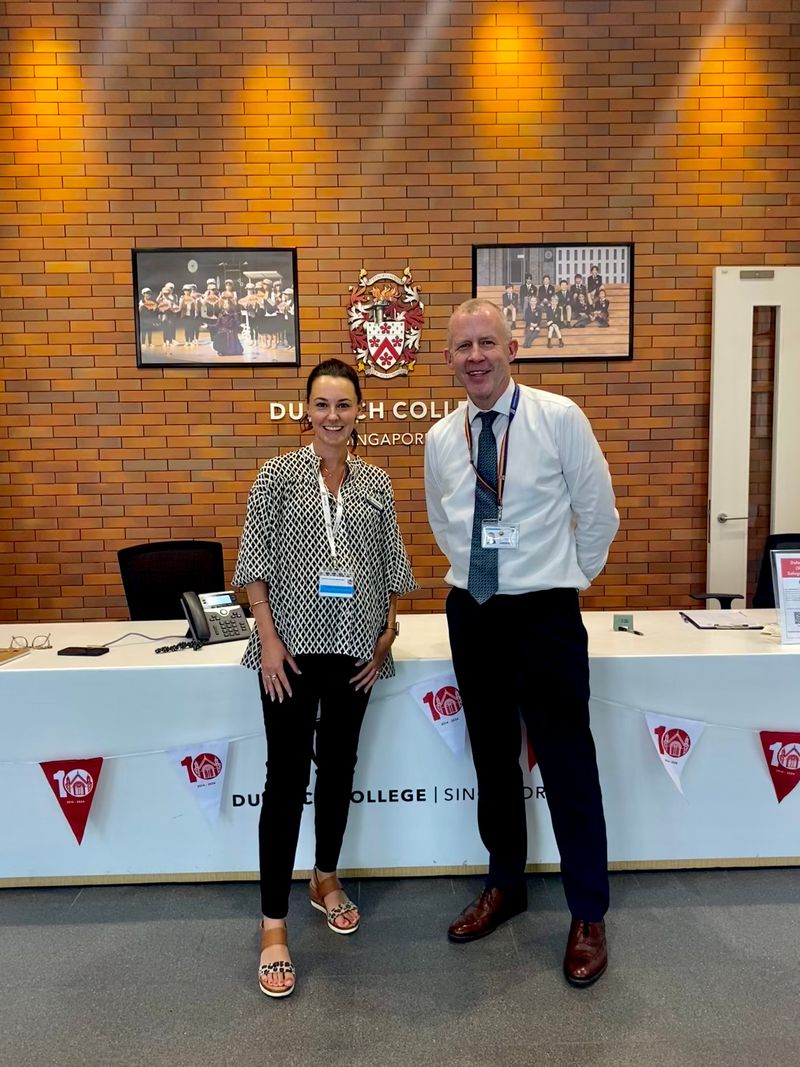
Bringing It Home: What’s Next for TGS?
I’m incredibly grateful for the opportunity this fellowship has provided - not only in shaping and deepening my own practice, but in contributing to a broader, shared vision for mathematics at TGS. This experience reinforced my belief that every student can succeed in mathematics when we give them the right tools, time and teaching. We are now laying the foundations for a clear and united approach to numeracy, one that will equip every boy with the confidence and skills to succeed - not just in the classroom, but throughout their schooling and beyond. And just as importantly, we’re building a community of confident teachers who are equipped to deliver lessons that are clear, consistent and deeply impactful.
I would like to sincerely thank Dr John Kinniburgh for granting me the opportunity to undertake this Fellowship. His support and encouragement throughout the process has been instrumental, and I am truly grateful for his guidance and mentorship. Dr Kinniburgh’s commitment to prioritising high-quality professional development for staff continues to shape a culture of growth and excellence in teaching and learning at TGS.
Latest Blog
Nurturing the Seeds of Leadership
Early exposure to leadership roles helps children develop character traits such as responsibility, empathy, resilience and integrity. As a School, we provide the opportunity for the cultivation of leadership skills in our young boys. From the formative years in Prep through to the adolescent years of Year 6, the importance of fostering leadership qualities cannot be overstated. In our modern world, where adaptability, resilience and initiative are regarded as quality attributes, nurturing the…
Pedal Power: The TGS Mountain Bike Club
What started with 12 boys now has 90, with many of the riders racing in the Schools Academy Gravity Enduro Series and other events. We also have a tour of 20 boys going to Thredbo in December this year, where they will tackle some of the most exciting trails in Australia. We thank the wonderful group of parents who support the club. They can often be found driving vehicles up and down the range on a Sunday morning to support the boys. We would not have been as successful as we are without…
Beyond the Blue and Gold
Our focus is to work with each individual student to assist in creating awareness of the world of work, helping students to articulate their interests and identifying what is important to them and their values. We assist the boys in developing the skills to explore the different careers out there. We connect them with employers and industry professionals and help them navigate towards the job or career they are interested in. We work hard to individualise each student’s unique School journey to…
Character and Wellbeing – The Grammar Way
Legacy of Leadership: The Impact of John Mackintosh at Toowoomba Grammar School Toowoomba Grammar School’s first Headmaster, John Mackintosh (1876–1879) led the School with the demeanour of a typical Victorian father figure. His leadership was steadfast and nurturing, with decisions that were definitive and meticulously aimed at creating an environment that was conducive to a boy’s character and learning outcomes. Mackintosh introduced recreational activities such as chess and draughts…
2024 IBSC Conference
It is part of our Strategic Plan's People Pillar which is "build a high-performing culture that supports the wellbeing and development of staff, who exemplify the TGS values and share our commitment to the growth of our boys". In fact, that focus was acknowledged in our receiving The Educator’s 2024 5-Star Employer of Choice award. The Award acknowledges excellence in providing professional development opportunities and nurturing a culture of inclusion and respect. So it was with great pleasure…
Filmmaker, Storyteller and Visionary
From his days as a boarding student at Toowoomba Grammar School, where he first dipped his toes into the world of filming GPS sporting events, to his current roles as sports documentarian and founder of the Outback Film Club, Clancy’s journey is a testament to the power of passion and perseverance. Establishing Outback Film Club has been a real triumph The echoes of school war cries reverberating around the Chandler Aquatic Centre in 2011 marked the start of Clancy’s cinematic journey.…
A Cut Shot Above The Rest
Ben’s sport takes him to the best beaches on the planet, but his love of volleyball began back at Toowoomba Grammar School, inspired after seeing his older brother play. As Ben explains, he was hooked:
Gummingurru Excursion - Deep Time History of Australia on our Doorstep
Gummingurru is unique in being the best-preserved initiation site in southeast Queensland, including bora rings and various stone arrangements that have ancient links to the totems and kinship practices of the Jarowair and Giabal people of Toowoomba and the Darling Downs, as well as the broader region within the highly significant cultural landscape of the Bunya Mountains. The boys were welcomed to, and guided through, the site and its learning centre by Mr Shannon Bauwens, a Western Wakka…
Responding to Negative Peer Interactions
As we approach the end of Term 3, we find it is typically a time when boys start to get tired and emotional and are most likely to make poor decisions that can lead to relationship challenges between peers. Comments and humour shared between mates that may have been received without concern in the first week of the term may change as boys start to tire and their tolerance levels decrease. This may lead to boys reacting with heightened and overly emotional responses. This is normal as boys are…